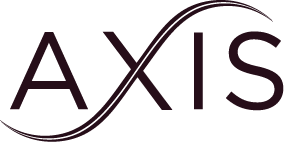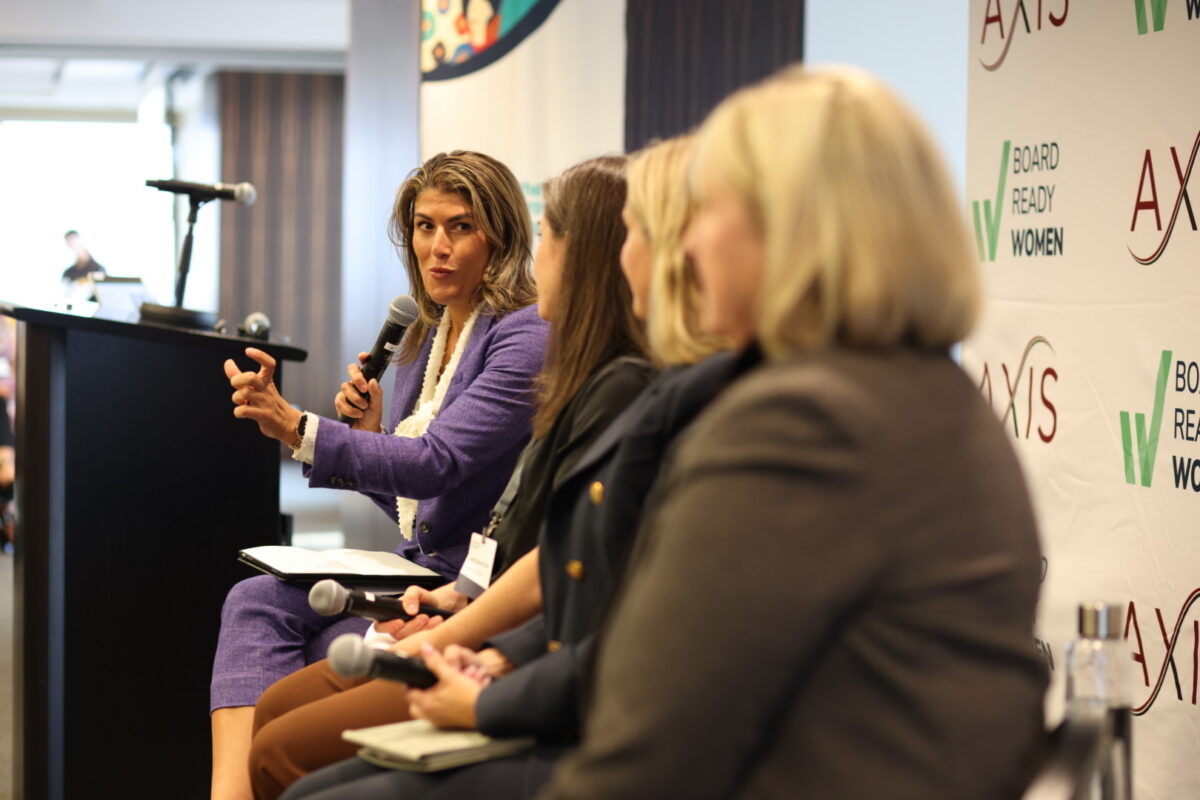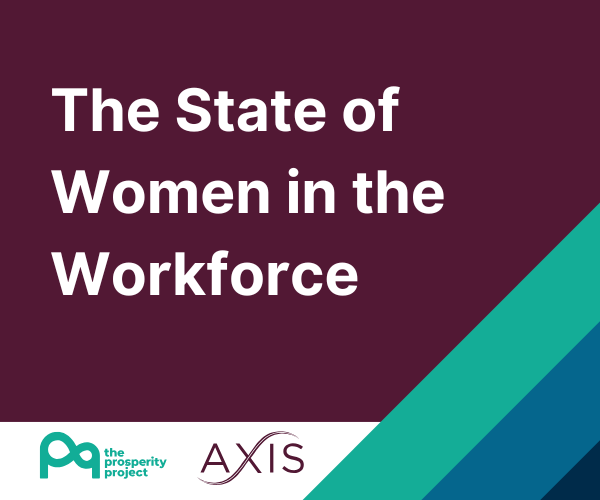Dear Axis Connects Member,
As we continue enhancing our member experience and strengthening the insights that drive our work, we need your help to ensure your Axis Connects profile is complete and up to date.
This information helps us:
– Understand who is in our community
– Tailor programming, opportunities, and events
– Strengthen our research and reporting
– Demonstrate collective impact to partners and sponsors
– Create meaningful pathways for women in leadership
Whether you are new, or have been with us for years — please take a moment to complete the appropriate step below.
I need to sign up as an Axis Connects member
Welcome — we’d love to have you join our community!
👉 Become a member
(Create your account + complete your member profile in minutes.)
Once you’ve completed your profile, submit your name here to enter to win!
I am an existing Axis Connects member, but have not yet logged in to the new platform or completed my profile
Great — you’re almost there! Please follow these steps:
STEP 1: Locate your member activation email from Axis Connects
It would have been sent April 16, 2025 and contains your unique activation link.

If you can’t find it, email hello@axisconnects.com and we will resend it!
STEP 2: Log in using your unique link
Create a password → access your profile.
STEP 3: Complete your profile
Once logged in, review and complete all profile fields.
STEP 4: Enter to win!
Once you’ve completed your profile, submit your name here to enter to win!
I have already logged in to my new Axis account and just need to update my profile
Excellent — thank you for being such an active Axis member!
Please follow these steps:
STEP 1: Log in to GlueUp
STEP 2: Access and update your profile information
- On the left menu, click the crown icon (Memberships)

- Click “View Membership Details”
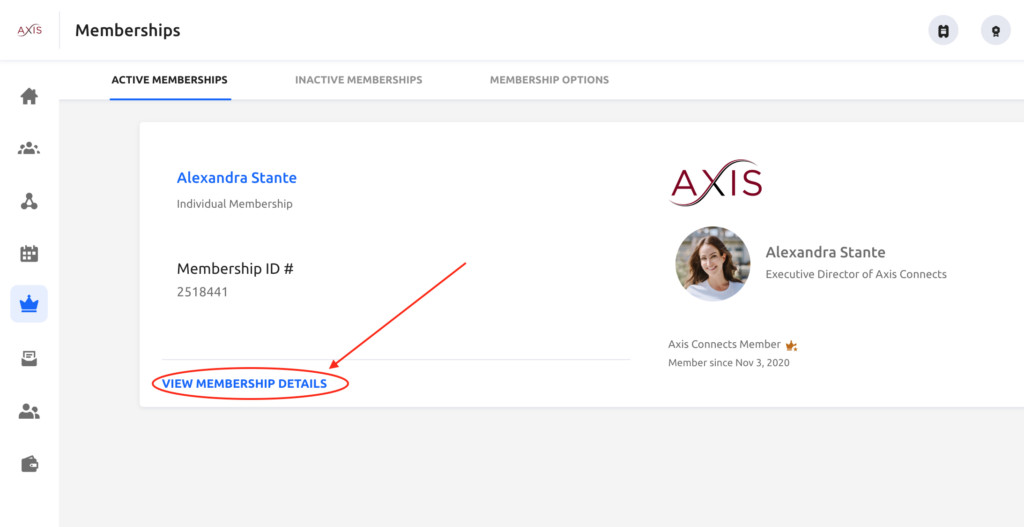
- Click “Update Member Profile”
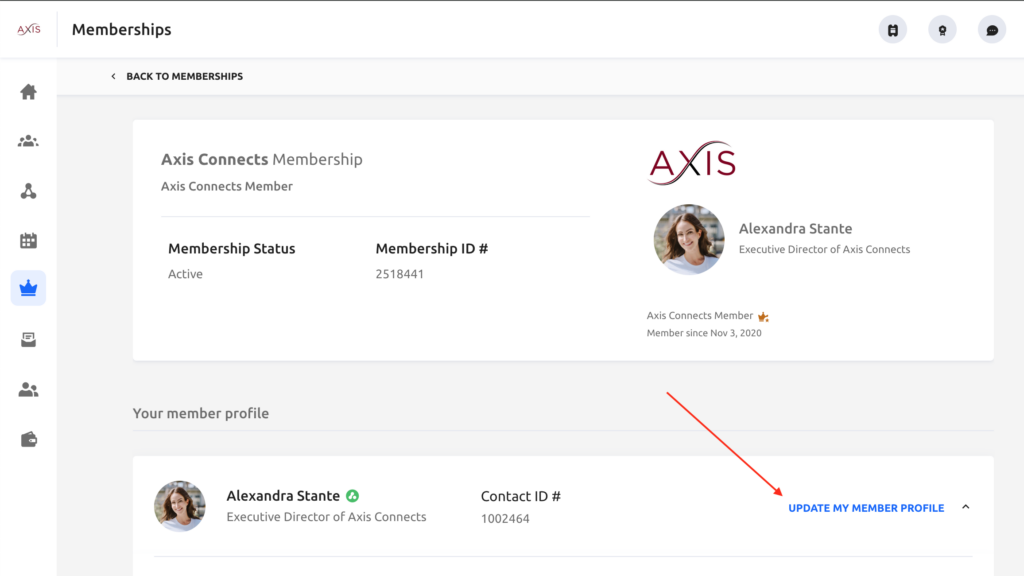
This will open your profile survey. Please review, update, and submit.
Once you’ve completed your profile, submit your name here to enter to win!
🎟️ Enter to Win Two Tickets to a 2026 Lunch with a Leader
Once your profile is complete, please submit your name using the form below:
We will draw one winner who can select any Lunch with a Leader session in 2026.
*Your profile must be fully completed to win
Need Support?
If you need help accessing your account, updating your profile, or resending your unique link, contact us anytime at hello@axisconnects.com.
Thank you for helping us build a stronger, more connected, and more informed community of leaders.
Your participation directly strengthens the work we do together.
— The Axis Connects Team

